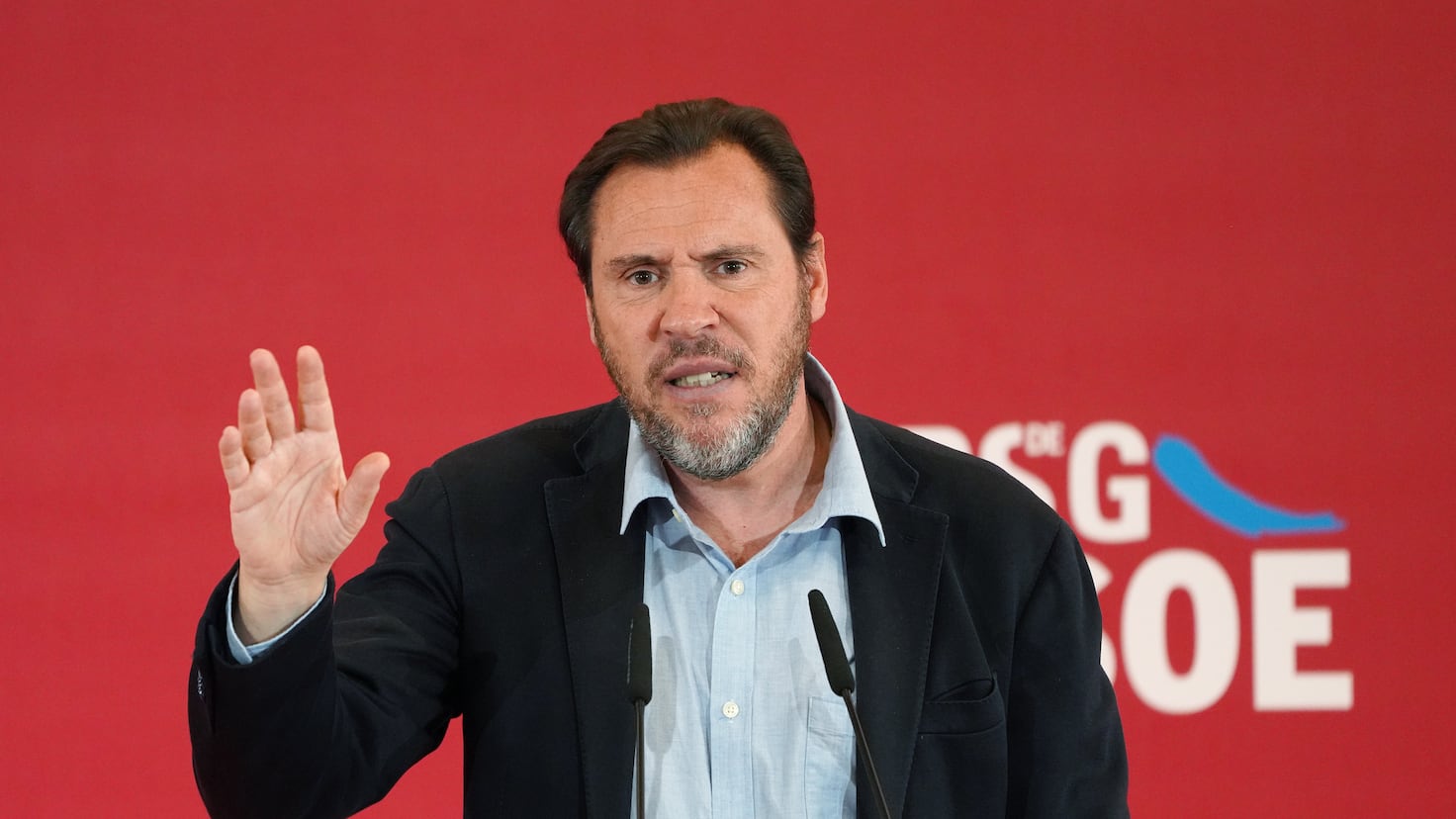Berlin.
Owners of an oil or gas heating system may have to replace it in 2023. The basis is the Building Energy Act.
The energy and price crisis caused primarily by the Ukraine war is felt by consumers in Germany especially in winter with regard to heating costs. Gas and electricity were more expensive than ever in autumn 2022. Although the situation is currently easing a little and Experts | predict a downward trend in heating oil prices in Germany in 2023 – but that is not a certainty. Oliver Klapschus from the online portal “HeizOel24” in conversation with our editors: “It’s all speculation.”
Replacing the heating system: this will soon be mandatory for some consumers – this law applies
Factors such as developments in the war in Ukraine or another cold spell could heating oil and gas prices influence again. The state subsidy for heating oil and pellets is fixed and the electricity and gas price brakes are in place, but there is a catch. Both of the reliefs decided by the traffic light coalition are limited in time and therefore only provide a limited remedy. Many consumers in Germany are therefore thinking about economical and climate-friendly heating.
New state subsidies and subsidies for the heating system in 2023 also make an exchange attractive for some consumers – it should be noted that in some cases a new heating system is even mandatory. The basis for this is the Building Energy Act passed in November 2020. The goal: to phase out outdated heaters – which emit many greenhouse gases – in order to be able to achieve the climate targets. The most important facts at a glance:
- Oil and gas heating systems that are more than 30 years old are affected by the “replacement obligation”.
- The key date for 2023 is therefore the installation date of January 1, 1994
- The replacement obligation also applies to heaters that have been repaired or replaced in parts
- Exceptions: heating systems with condensing boilers or low-temperature boilers are not affected
- Owners – who have been living in the apartment themselves since February 1, 2002 – also fall under the exception
“Replacement obligation” for old oil and gas heating systems: who is affected?
For many consumers, the decisive point in the Building Energy Act is the “replacement obligation”. This applies to heaters that are more than 30 years old and do not fall under one of the exceptions. In principle, all old gas and oil heating systems can be affected by the obligation – regardless of the condition and possible renewed parts. After so many years, these “no longer meet the energy standards and work inefficiently,” reports the specialist portal “The house” in a service post.
With the replacement obligation, the policy is primarily aimed at the outdated constant temperature boilers with a heating capacity of up to 400 kilowatts. These are continuously in operation at high temperatures and would therefore consume a lot of energy, writes the specialist portal. Consumers can easily check whether their own oil or gas heating uses a constant temperature boiler based on three points. If the boiler runs continuously and no night setback can be set, there is a lot to be said for it.
Replacing old oil or gas heating: This is how much new alternatives cost
Heating systems with constant temperature boilers usually do not have an outside temperature sensor that adjusts the heating output accordingly. However, not all are Oil- and gas heaters – which are more than 30 years old – are affected by the replacement obligation in 2023/24. There are several exceptions. Report “CHIP 365” According to this, gas and oil heating systems with low-temperature boilers or with low output are exempt from the obligation. Owners in self-used living space can also breathe a sigh of relief.
Anyone who has been using their living space with an old oil or gas heating system since February 1, 2002 can use it more than 30 years old heating continue to operate despite the replacement obligation. However, one should consider modernization, especially in times of expensive energy prices and good state subsidies in Germany. It doesn’t necessarily have to be the comparatively expensive heat pump, like the comparison of “Focus Online” shows – in the following the most important data:
| heating | Costs including installation |
|
oil heating |
from around 8,000 euros |
|
gas heating |
from around 7,000 euros |
|
heat pump |
from around 15,000 euros |
|
Wood or pellet heating |
from around 10,000 euros |
|
district heating |
from approx. 5,000 euros |
Replacing old oil and gas heating systems: also keep an eye on fuel prices
The figures from “Focus Online” are based on data from “Heizsparer.de” and the consumer center in Baden-Württemberg and are guidelines. In individual cases, they can Costs be higher and lower. Also, not every type of heating is suitable for every building – especially with a heat pump, there are a few things to consider with regard to electricity consumption and costs. And you should also know a thing or two about purchasing and operating a pellet heating system.
Irrespective of the respective energy consumption, experts assume that there will be a trend towards falling heating costs out. Both heating oil and pellets already cost significantly less today than they did in autumn 2022. In his forecast, Klapschus cites a heating oil price of EUR 1.10 per liter as a guide. And Martin Bentele from the German Energy Wood and Pellet Association (DEPV) also assumes that pellet prices will tend to fall in 2023. In the interview he mentions a price range of 400 to 500 euros per ton.
More articles from this category can be found here: Life




